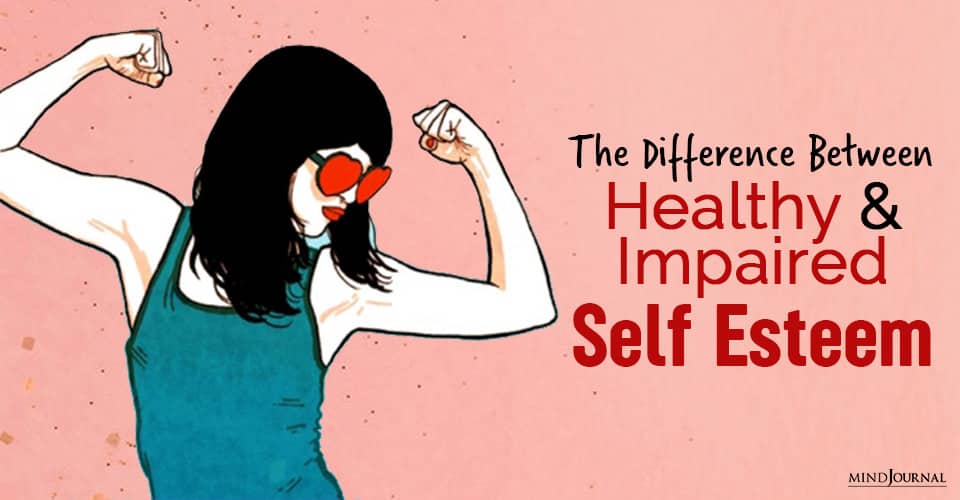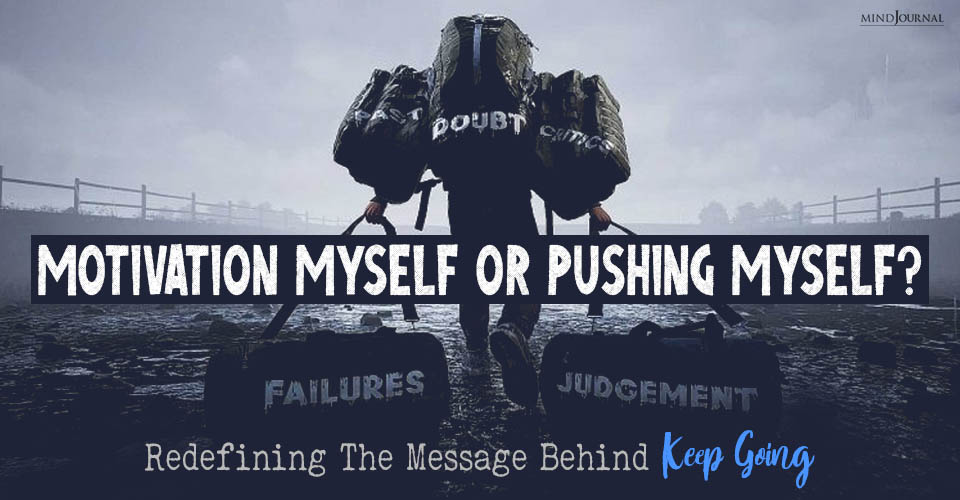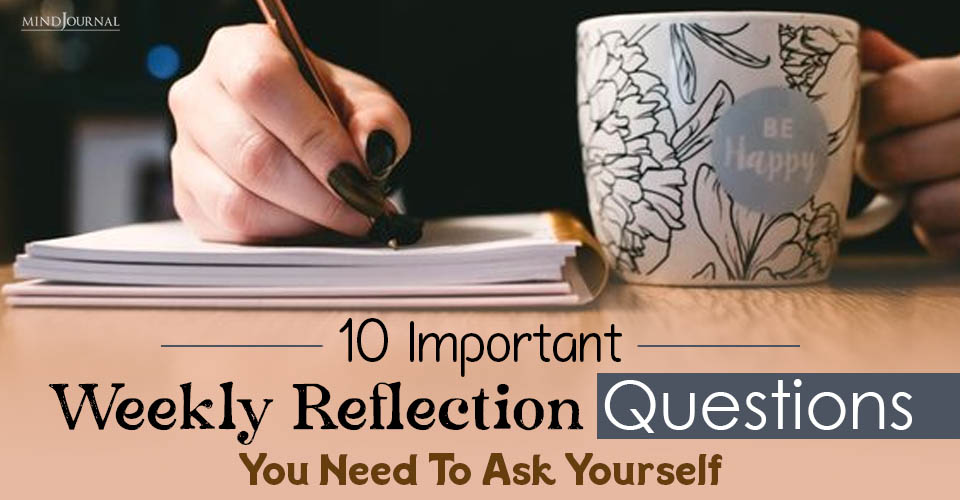Self-esteem is what we think of ourselves. When it’s positive, we have confidence and self-respect. We’re content with ourselves and our abilities, in who we are and our competence. Self-esteem affects not only what we think, but also how we feel and behave. It influences every aspect of our lives.
Self Esteem Impacts Everything
It and has significant ramifications for our happiness and enjoyment of life. It considerably affects events in our life, including our relationships, our work and goals, and how we care for ourselves and our children. Self-esteem is relatively stable and enduring, though it can fluctuate.
Healthy self-esteem makes us resilient and hopeful about life. Although difficult events, such as a breakup, illness, or loss of income, may in the short term moderate our self-esteem, we soon rebound to think positively about ourselves and our future. Even when we fail, it doesn’t take diminish our self-esteem. People with healthy self-esteem credit themselves when things go right, and when they don’t, they consider external causes and also honestly evaluate their mistakes and shortcomings. Then they improve upon them.
Related: 10 Habits That Cause Low Self Esteem And Depression
Healthy vs. Impaired Self Esteem
I prefer to use the terms healthy and impaired self-esteem, rather than high and low, because narcissists and conceited individuals who appear to have high self-esteem, actually don’t. Theirs is inflated, compensates for shame and insecurity, and is often unrelated to reality.
Boasting is an example because it indicates that the person is dependent on others’ opinions of them and reveals impaired rather than healthy self-esteem. Thus, healthy self-esteem requires that we’re able to honestly and a realistically assess our strengths and weaknesses. We’re not too concerned about others’ opinions of us. When we accept our flaws without judgment, our self-acceptance goes beyond self-esteem.
Impaired self esteem
Impaired self-esteem negatively impacts our ability to manage adversity and life’s disappointments. All of our relationships are affected, including our relationship with ourselves. When our self-esteem is impaired, we feel insecure, compare ourselves to others, and doubt and criticize ourselves. We neither recognize our worth, nor honor and express our needs and wants.
Instead, we may self-sacrifice, defer to others, or try to control them and/or their feelings toward us to feel better about ourselves. For example, we might people-please, manipulate, or devalue them, provoke jealousy, or restrict their association with others. Consciously or unconsciously, we devalue ourselves, including our positive skills and attributes, making us hypersensitive to criticism. We may also be afraid to try new things because we might fail.
Symptoms of Healthy and Impaired Self Esteem

The following chart lists symptoms that reflect healthy vs. impaired self-esteem. Remember that self-esteem varies on a continuum. It’s not black or white. You may relate to some, but not all.
Causes of Impaired Self-Esteem
Growing up in a dysfunctional family can lead to codependency as an adult. It also weakens your self-esteem. Often you don’t have a voice. Your opinions and desires aren’t taken seriously. Parents usually have low self-esteem and are unhappy with each other. They themselves neither have nor model good relationship skills, including cooperation, healthy boundaries, assertiveness, and conflict resolution.
They may be abusive, controlling, interfering, manipulative, indifferent, inconsistent, or just preoccupied. Directly or indirectly, they may shame their children’s feelings and personal traits, feelings, and needs. It’s not safe to be, to trust, and to express themselves.
Children feel insecure, anxious, and/or angry. As a result, they feel emotionally abandoned and conclude that they are at fault–not good enough to be acceptable to both parents. (They might still believe that they’re loved.) Eventually, they don’t like themselves and feel inferior or inadequate.
They grow up codependent with low self-esteem and learn to hide their feelings, walk on eggshells, withdraw, and try to please or become aggressive. This reflects how toxic shame becomes internalized.
Related: 6 Negative Words That Cripple Your Self Esteem and Empowering Words To Replace Them With
Shame
Shame runs deeper than self-esteem. It’s a profoundly painful emotion rather than a mental evaluation. Underlying toxic shame can lead to impaired or low self-esteem and other negative thoughts and feelings. It’s not just that we lack confidence, but we might believe that we’re bad, worthless, inferior, or unlovable. It creates feelings of false guilt and fear and hopelessness, at times, and feeling irredeemable.
Shame is a major cause of depression and can lead to self-destructive behavior, eating disorders, addiction, and aggression.
Shame causes shame anxiety about anticipating shame in the future, usually in the form of rejection or judgment by other people. Shame anxiety makes it difficult to try new things, have intimate relationships, be spontaneous, or take risks.
Sometimes, we don’t realize that it’s not others’ judgments or rejection we fear, but our failure to meet our own unrealistic standards. We judge ourselves harshly for mistakes than others would. This pattern is very self-destructive with perfectionists.
Our self-judgment can paralyze us so that we’re indecisive, because our internal critic will judge us no matter what we decide!
Self Esteem in Relationships
Our relationship with ourselves provides a template for our relationships with others. It impacts the happiness of our relationship. Self-esteem determines our communication style, boundaries, and our ability to be intimate.
Research indicates that a partner with healthy self-esteem can positively influence his or her partner’s self-esteem, but also shows that low self-esteem portends a negative outcome for the relationship. This can become a self-reinforcing cycle of abandonment lowering self-esteem.
Autonomy
Self-esteem is necessary if we’re to feel autonomous, adequate, and comfortable on our own. Without autonomy, we become reactive and defensive.
When we aren’t, we’re too dependent upon others, hide our true feelings, react to things personally and negatively, and have to control or manipulate our loved ones to feel secure and get our needs met. This spells disaster in relationships. Neither partner feels free to be him or herself.
Assertiveness
Self-esteem and assertiveness go hand-in-hand. Each reinforces the others. Learning to be assertive lifts our self-esteem and vice-versa.
Assertiveness helps us to speak up, express ourselves, ask for our needs, and set boundaries, all of which are necessary for a healthy, successful relationship, and also why self-esteem improves relationship quality and satisfaction.
Related: 5 Life Changing Habits That Build Self Esteem
Intimacy
Thus, all three ingredients are necessary for true intimacy, which entails self-esteem and the ability to risk being authentic and vulnerable. This makes it safe for both partners to be open and honest.
When our ability to speak up about our wants and needs and share vulnerable feelings is compromised, honesty and intimacy suffer.
Attachment style
As a result of insecurity, shame, and impaired self-esteem, as children, we may have developed an attachment style that, to varying degrees, is anxious or avoidant and makes intimacy challenging. We pursue or distance ourselves from our partner and are usually attracted to someone who also has an insecure attachment style.
Abuse
Generally, we allow others to treat us in the manner in which we believe we deserve. When we don’t respect ourselves, we won’t expect to be treated with respect. When we don’t value our feelings and needs, allow abuse, and lack the courage to reveal them, we remain unhappy, feel resentment, or might blame or withdraw. We might accept abuse or withholding behavior.
Self-sacrifice and imbalance
Similarly, we may give more than we receive in our relationships and overdo at work. Our inner critic can be judgmental of others, too. When we’re critical of our partner or highly defensive, it makes it difficult to problem-solve. Insecure self-esteem can also make us suspicious, needy, or demanding of our partner.
Raising Self-Esteem
Self-esteem is generally determined by our teens. Some of us struggle all our lives with impaired self-esteem and even the resulting depression. But we can change and build healthy self-esteem. Raising self-esteem means getting to know and love yourself – building a relationship, as you would with a friend – and becoming your own best friend.
This takes attentive listening, quiet time, and commitment. The alternative is to be lost at sea, continually trying to prove or improve yourself or win someone’s love, while never feeling truly lovable or enough – like something is missing.
Related: 8 Steps To Improving Your Self-Esteem
It’s difficult to get outside our own thoughts and beliefs to see ourselves from another perspective. Therapy can help us change how we think, act, and believe. Many times, one partner in individual therapy makes positive changes, and the relationship changes for the better.
Cognitive behavioral therapy has been shown to raise self-esteem. It’s more powerful when combined with meditation that increases self-awareness.
On your own, you can follow the guidelines in How to Raise Your Self-Esteem.
Some things you can do:
1. Recognize the Signs.
Be able to spot clues that your self-esteem needs uplifting. Many people think they have good self-esteem. They may be talented, beautiful, or successful, but still lack self-esteem.
2. Root Out False Beliefs.
Learn how to identify and deprogram false beliefs and behaviors you want to change and those you want to implement.
3. Identify Cognitive Distortions.
Impaired self-esteem can cause us to skew and distort reality. Learn to identify and challenge your cognitive distortions.
4. Journal.
Journaling has been shown to elevate mood and decrease depression. Keeping a journal can also help you to monitor your interactions with others and your negative self-talk. To change your self-talk, see my ebook on overcoming self-criticism, 10 Steps to Self-Esteem: The Ultimate Guide to Stop Self-Criticism.
5. Heal Toxic Shame.
If you believe you suffer from codependency and shame, learn more about it and do the exercises in Conquering Shame and Codependency.
© Darlene Lancer 2019
Written by Darlene Lancer Originally appeared on What Is Codependency











Leave a Reply